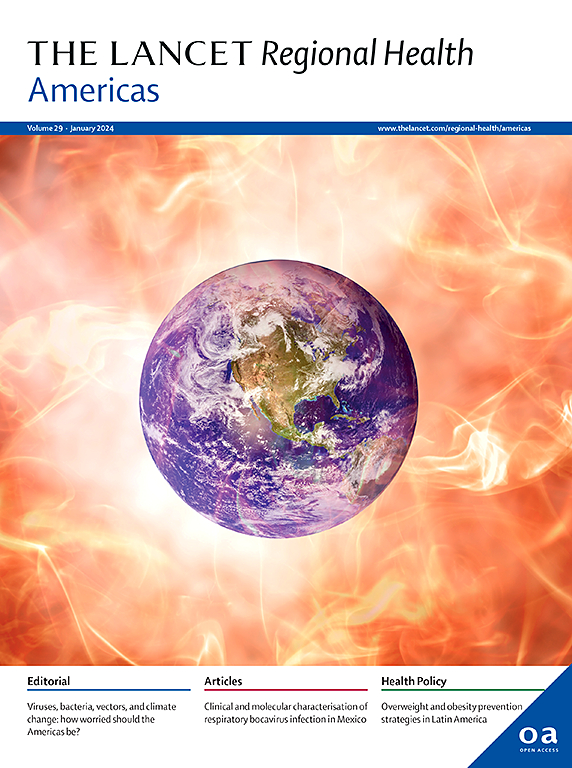Gender-responsive HIV prevention and care research with transgender communities: lessons learned from Peru
IF 7
Q1 HEALTH CARE SCIENCES & SERVICES
引用次数: 0
Abstract
Globally, transgender, nonbinary, and gender diverse (trans) people experience HIV inequities. Calls have been made to engage trans communities in HIV research. Yet few resources exist on how to not only engage with, but center trans communities. We describe our 15+ years of collective experiences partnering on HIV research with trans communities in Peru. Lessons learned include considering context, aspiring for equitable partnerships, continually acknowledging power dynamics, learning from community strengths, practicing reflexivity, building trusting relationships, using a trauma-informed lens, prioritizing knowledge-action, recognizing complex community dynamics, and iteratively implementing gender-responsive praxis. We discuss the need for gender-transformative approaches in HIV epidemiological and interventional research that disrupt existing ideologies and systemic power structures that privilege cisheteropatriarchy (cisgender as the norm) and essentialist understandings of gender (male-female gender binary). The science of community engagement requires more attention in HIV prevention and care research that centers global trans communities' expertise and needs.
跨性别社区促进性别平等的艾滋病毒预防和护理研究:从秘鲁吸取的经验教训
在全球范围内,跨性别者、非双性恋者和跨性别者(trans)在艾滋病毒方面受到不平等对待。人们呼吁跨性别群体参与艾滋病毒研究。然而,关于如何不仅与跨性别社区接触,而且如何集中关注跨性别社区的资源却很少。我们描述了我们与秘鲁跨性别社区合作开展艾滋病毒研究的15年以上的集体经验。吸取的经验教训包括考虑背景,渴望建立公平的伙伴关系,不断承认权力动态,从社区优势中学习,实践反思,建立信任关系,使用创伤知情视角,优先考虑知识-行动,认识复杂的社区动态,以及迭代实施促进性别平等的实践。我们讨论了艾滋病毒流行病学和干预研究中性别变革方法的必要性,这些方法打破了现有的意识形态和系统性权力结构,这些意识形态和权力结构赋予了顺异性父权制(顺性别为规范)和性别本质主义(男女性别二元)的理解。社区参与的科学需要更多地关注以全球跨性别社区的专业知识和需求为中心的艾滋病毒预防和护理研究。
本文章由计算机程序翻译,如有差异,请以英文原文为准。
求助全文
约1分钟内获得全文
求助全文
来源期刊

Lancet Regional Health-Americas
Multiple-
CiteScore
8.00
自引率
0.00%
发文量
0
期刊介绍:
The Lancet Regional Health – Americas, an open-access journal, contributes to The Lancet's global initiative by focusing on health-care quality and access in the Americas. It aims to advance clinical practice and health policy in the region, promoting better health outcomes. The journal publishes high-quality original research advocating change or shedding light on clinical practice and health policy. It welcomes submissions on various regional health topics, including infectious diseases, non-communicable diseases, child and adolescent health, maternal and reproductive health, emergency care, health policy, and health equity.
 求助内容:
求助内容: 应助结果提醒方式:
应助结果提醒方式:


